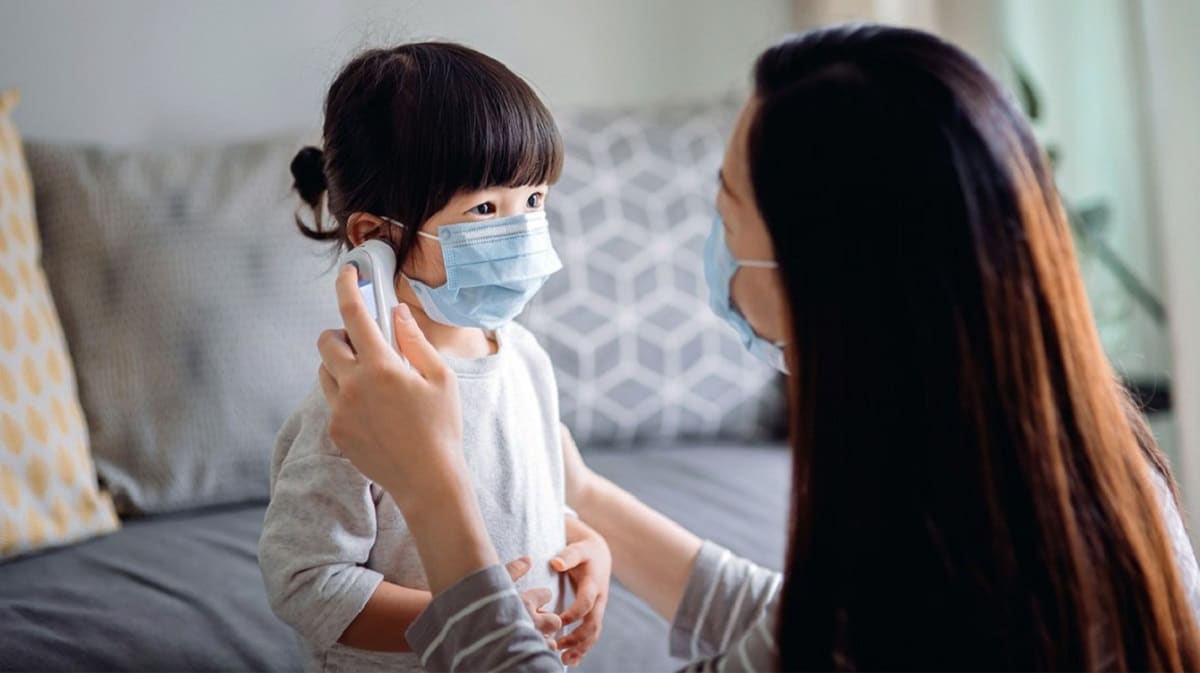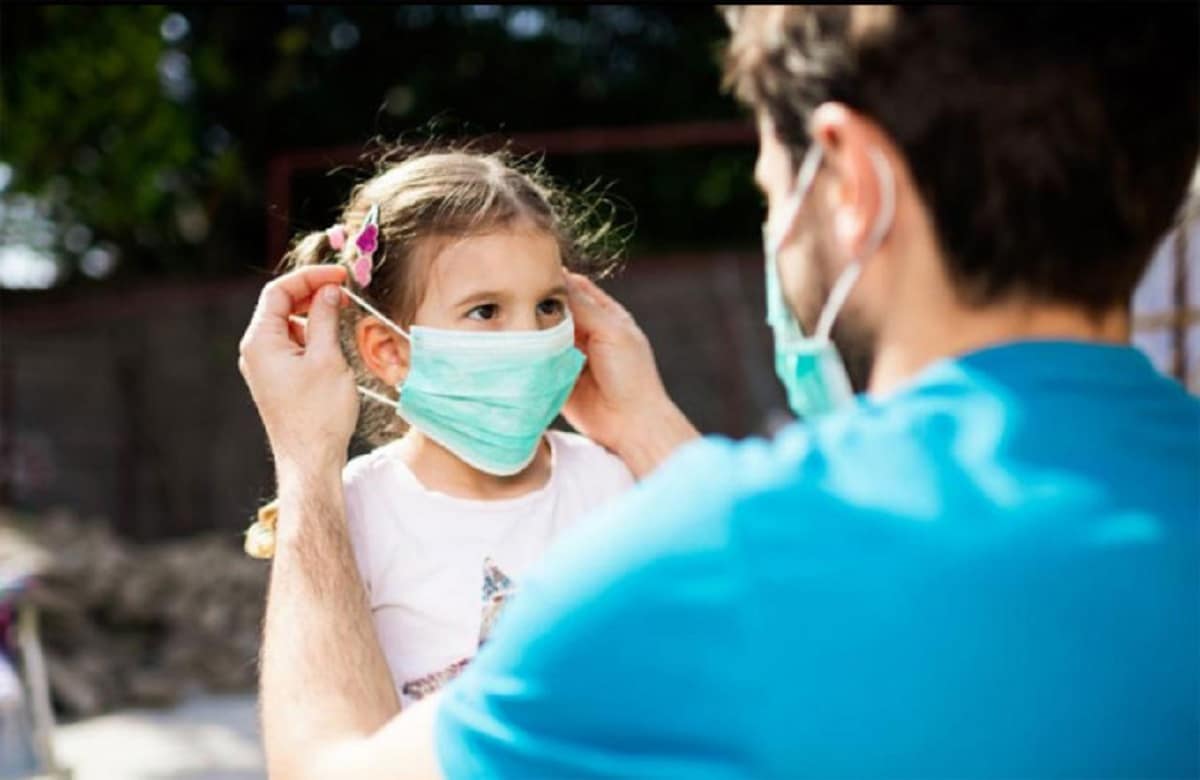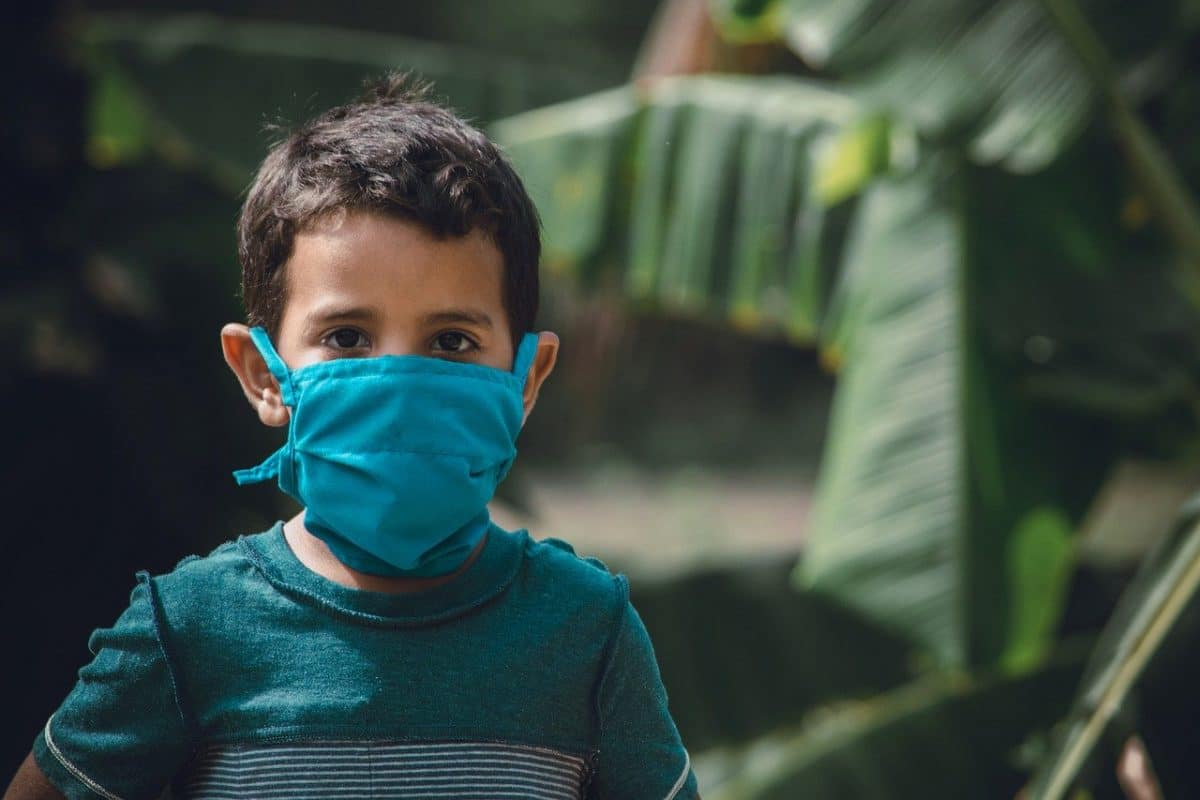
Almost a year ago, the WHO declared a global pandemic due to the coronavirus. Since then many things have changed, for a while we live without leaving home, without seeing our loved ones, without going to school, and everything we already know. This situation has led to children and adolescents to suffer what has been called pandemic fatigue.
We will talk to you today about pandemic fatigue in general, and the studies that exist so far on how it affects children, and some recommendations. But, as we always like to remember, every family, and every child is a whole world. And in this case, it seems that the best tool is to act with common sense, respecting the security measures will allow us to live without so much anxiety or stress.
What is called pandemic fatigue

The World Health Organization, WHO, put the name of pandemic fatigue to a series of symptoms derived from the COVID-19 disease and of the consequences that this global pandemic has brought to everyone. According to this organization, 60% of the European population suffers from it and affects all generations. Children, adolescents, youth, and adults can experience pandemic fatigue, albeit in a different way.
With the permanence of the coronavirus, it has caused more depression, fatigue and anxiety to surface. In the words of psychologist Laura Fuster: Danger comes when stress lingers for too long, as it can lead to problems with sleep, eating, lowering of mood or, as in the case at hand, chronic fatigue. Children or teenagers are not immune to this process.
The economic aspects, physical or emotional health and attitude, that have been experienced in the family will influence each generation. The problem in many cases and families is that obligations have increased, but recreation has been drastically reduced.
Studies on pandemic fatigue

Not many studies have been done on pandemic fatigue yet. But those that exist warn of a serious increasing increase in pandemic fatigue in especially vulnerable groups such as children and adolescents, in studies carried out with an age range of 3 to 18 years.
In these ages there are emotional and behavioral disturbances, concentration difficulties, increased level of anxiety, boredom, irritability, restlessness, arguments. To this must be added the increased use of screens, decreased physical activity, children with greater dependence on parents and behavior problems such as tantrums.
Some specialists bet on cognitive behavioral therapy (CBT) with significant scientific support, offering effective treatments, methods and strategies for children and adolescents with emotional disorders caused by pandemic fatigue. With them they will learn to manage intense emotions effectively and adaptively.
Sequelae in the smallest due to the pandemic

In the case of the Generation Alpha, those born between 2010 and 2015 there are many situations they face. They are children who live in a more restricted environment, they do not enjoy parks or leisure areas like other generations. Hygiene, masks or the care measures of the health authorities make them more responsible.
Conclusion boys and girls with a greater attachment to their parents, greater protectionism is possible. As a generation, they are likely to develop more resilience. On the contrary, the spirit of sacrifice may be one of their weak points, we will have facilitated everything so that they can continue their rhythm and personal development, despite the current circumstances.
If we, as mothers, We live the pandemic situation with anguish, we will be transmitting this emotional anguish to them. Any emotion will be the way children learn to live. So do your best to maintain a good attitude, watch your language and comments at home. Try to keep as many old habits or customs as possible, and if necessary create new ones.